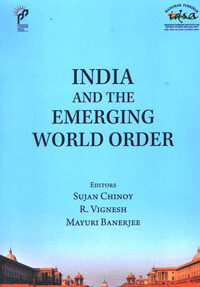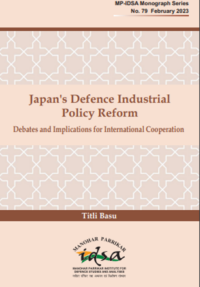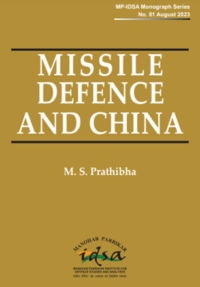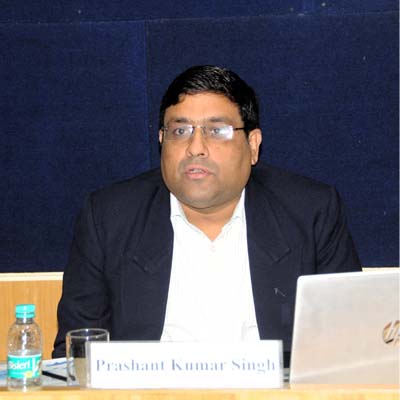Japan unveils existence of a secret nuke pact with the US
The disclosure of this agreement is aimed at scoring political points as well as addressing the discontent among the nuclear allergic Japanese who want adherence to the non-nuclear principles in letter and sprit.
- Shamshad A. Khan
- March 16, 2010













